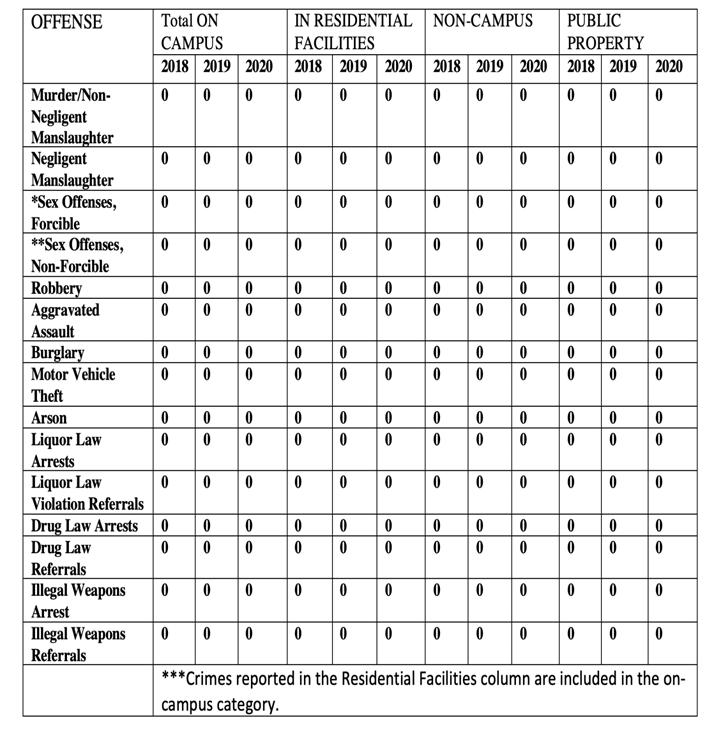
1 minute read
The Clery Act
Choosing a postsecondary institution is a major decision for students and their families. Along with academic, financial and geographic considerations, the issue of campus safety is a growing concern.
The Jeanne Clery Disclosure of Campus Security Policy and Campus Crime Statistics Ace (CLERY Act) is a federal mandate requiring all institutions of higher education that participate in the federal student financial aid program to disclose information about crime on their campuses and in the surrounding communities. The CLERY Act affects virtually all public and private higher education institutions and is enforced by the Department of Education. Campuses that fail to comply with the act can be penalized with large fines and may be suspended from participating in the federal financial aid program.
Advertisement
The Clery Act, formerly known as the Crime Awareness and Campus Security Act, was signed in 1990 and is named after 19-year-old Jeanne Clery, who was raped and murdered in her Lehigh University residence hall in 1986. Clery’s parents lobbied Congress to enact the law when they discovered students at Lehigh had not been notified about 38 violent crimes that had occurred on campus in the three years prior to Clery’s murder.
Compliance with the Clery Act
The Clery Act requires the University of Rio Grande (URG) to provide timely warnings of crimes that represent a threat to the safety of students or employees and to make their campus security policies available to the public. The act also requires URG to collect, report and disseminate crime data to everyone on-campus and to the Department of Education annually.
To be in full compliance with the law, URG must do the following:
1. Publish and distribute an Annual Security Report to the current and prospective students and employees by October 1st of each year.
2. The University of Rio Grande must also keep and make available to the public a detailed crime log of all crimes reported to them in the past 60 days.





